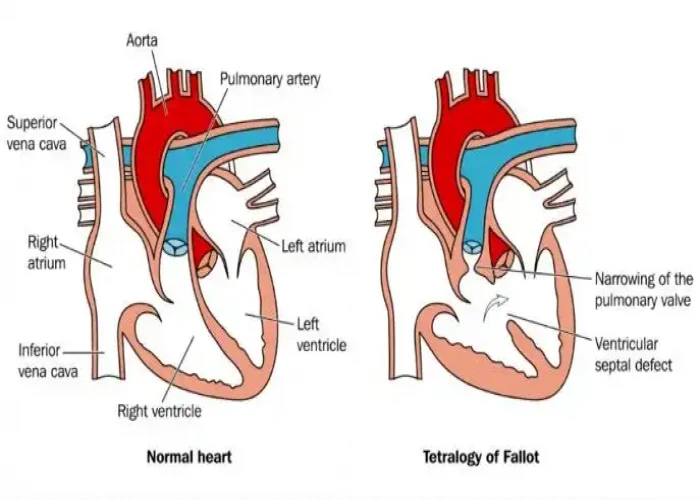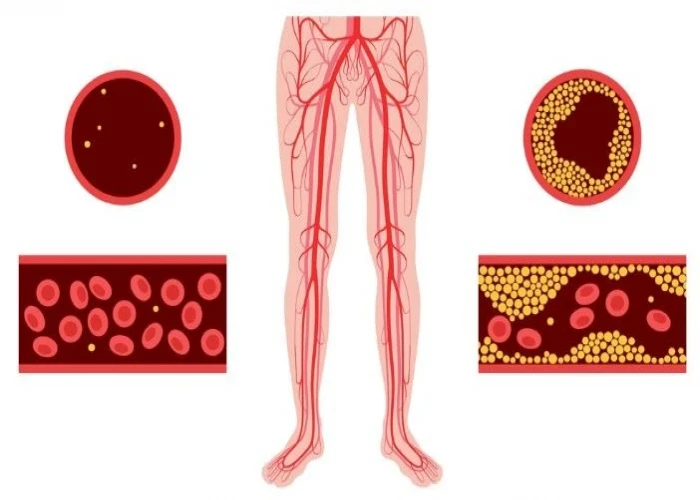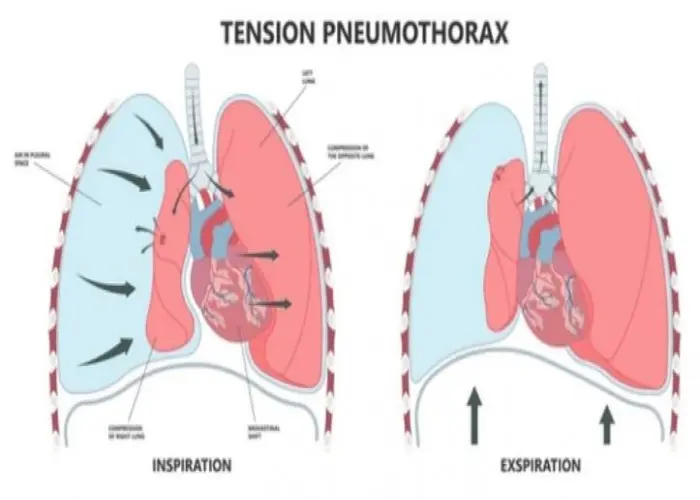 Welcome
Welcome
“May all be happy, may all be healed, may all be at peace and may no one ever suffer."
Chemo brain

Chemo brain, also known as chemotherapy-induced cognitive impairment, is a term used to describe cognitive changes that may occur in some people undergoing chemotherapy. It can cause problems with memory, attention, and concentration, as well as difficulty with multitasking and processing information. The exact causes of chemo brain are not fully understood, but it may be related to the effects of chemotherapy on the brain and nervous system. While the symptoms of chemo brain can be frustrating, they are usually temporary and may improve over time.
Research Papers
Disease Signs and Symptoms
- Confusion (Hallucinations)
- The Trouble with verbal memory, such as remembering a conversation
- Taking longer than usual to complete routine tasks
- Memory loss
- Forgetfulness
- Difficulty multitasking
- Difficulty learning new skills
- Difficulty finding the right word
- Difficulty concentrating
- The trouble with visual memory, such as recalling an image or list of words
Disease Causes
Chemo brain
There are many possible factors that might contribute to the signs and symptoms of memory problems in cancer survivors.
Cancer-related causes could include:
Cancer
- A cancer diagnosis can be quite stressful and it might lead to anxiety and depression, which can contribute to thinking and memory problems
- Certain cancers can produce chemicals that affect memory
- Cancers that begin in the brain or spread to the brain might cause changes in thinking
Cancer treatments
- Bone marrow transplant
- Chemotherapy
- Hormone therapy
- Immunotherapy
- Radiation therapy
- Surgery
- Targeted drug therapy
Complications of cancer treatment
- Anemia
- Fatigue
- Infection
- Menopause or other hormonal changes (caused by cancer treatment)
- Sleep problems
- Pain due to cancer treatments
Other causes
- Inherited susceptibility to chemo brain
- Medications for other cancer-related signs and symptoms, such as pain medications
- Other medical conditions, such as diabetes, thyroid problems, depression, anxiety and nutritional deficiency
Disease Prevents
Disease Treatments
Chemo brain treatment focuses on coping with symptoms. In most cases, cancer-related memory problems are temporary.
Because chemo brain symptoms and severity differ from person to person, your doctor can work with you to develop an individualized approach to coping.
Controlling conditions that contribute to memory problems
Cancer and cancer treatment can lead to other conditions, such as anemia, depression, sleep problems and early menopause, which may worsen memory problems. Controlling these other factors may make it easier to cope with these symptoms.
Managing chemo brain symptoms
A professional who specializes in diagnosing and treating conditions that affect memory and thinking (neuropsychologist) can create a plan to help you cope with chemo brain symptoms. Doctors sometimes refer to this as cognitive rehabilitation or cognitive remediation.
Learning to adapt and cope with memory changes may involve:
- Repetitive exercises to train your brain. Memory and thinking exercises may help your brain repair broken circuits that may contribute to chemo brain.
- Tracking and understanding what influences memory problems. Carefully tracking your memory problems may reveal ways to cope. For instance, if you become more easily distracted when you're hungry or tired, you could schedule difficult tasks that require extra concentration for the time of day when you feel your best.
- Using coping strategies. You may learn new ways of doing everyday tasks to help you concentrate. For instance, you may learn to take notes or make an outline of written material as you read. Or a therapist may help you learn ways of speaking that help you commit conversations to memory and then retrieve those memories later.
- Stress-relief techniques. Stressful situations can make memory problems more likely. And having memory problems can be stressful. To end the cycle, you may learn relaxation techniques. These techniques, such as progressive muscle relaxation or mindfulness practices, may help you identify stress and help you cope.
Medications
No medications have been approved to treat chemo brain. Medications approved for other conditions may be considered if you and your doctor agree they may offer some benefit.
Medications that are sometimes used in people with these symptoms include:
- Methylphenidate (Concerta, Ritalin, others), a drug used to treat attention-deficit/hyperactivity disorder (ADHD)
- Donepezil (Aricept), a drug used in people with Alzheimer's disease
- Modafinil (Provigil), a drug used in people with certain sleep disorders
- Memantine (Namenda), a drug used to improve memory in people with Alzheimer's disease, may help during radiation therapy to the brain
Disease Diagnoses
Disease Allopathic Generics
Disease Ayurvedic Generics
Disease Homeopathic Generics
Disease yoga
Chemo brain and Learn More about Diseases

Pelvic organ prolapse

Takayasu's arteritis

Drug addiction (substance use disorder)

Tetralogy of Fallot

Peripheral artery disease (PAD)

Snoring

Atelectasis

Addison's disease
Chemo brain, Chemo brain treatment, কেমো ব্রেইন
To be happy, beautiful, healthy, wealthy, hale and long-lived stay with DM3S.
